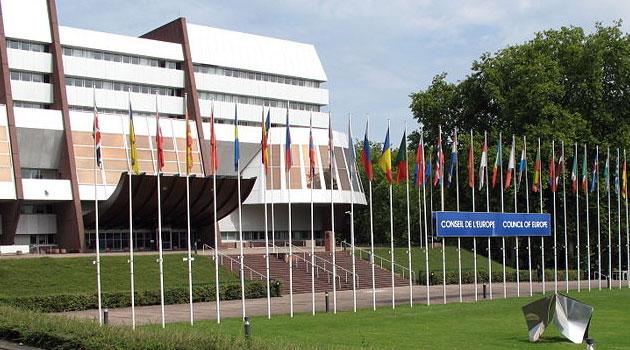Council of Europe issues report on Roma in preschool in the Czech Republic

The Council of Europe’s Ad Hoc Committee of Experts on Roma Issues (CAHROM) has just issued a report on its November 2014 visit to the Czech Republic. The visit included experts from Hungary, Latvia, Poland and “the former Yugoslav Republic of Macedonia”, who have authored the report.
This is the second visit to the Czech Republic in recent years paid by CAHROM experts. A previous report on educating Romani children in the mainstream as opposed to in special schools in the Czech Republic and Slovakia was issued in 2012 following visits to both countries by experts from Hungary, Slovenia and the UK.
Last fall’s visit was an innovation for the CoE, as an adviser from the Directorate of Human Dignity and Equality joined the CAHROM Secretariat, contributing a children’s rights perspective. The report compares the situation for Roma in education in the Czech Republic with that of other countries such as Hungary and Poland, providing a breakdown of everything from Roma groups in terms of native languages spoken in each place, to the overall structure of each country’s primary and secondary school systems and approaches to children with special educational needs.
In Hungary, mainstream schools are described as serving pupils with special educational needs through services provided by the "mobile professionals" of the Integrated Special Education Methodology Institutions. Continuing studies in upper secondary schools there are conditioned on the completion of eighth grade; students identified as intellectually disabled complete secondary studies in special vocational schools.
In Poland, a methodological manual has been compiled by psychologists from Jagiellonian University on the issue of how to psychologically diagnose culturally diverse, multilingual children and youth. Those experts were said to have provided training for psychological-pedagogical counselling centers in that area.
The report identified good practices from each country. In Poland, one such practice is a system of additional governmental financial support for local authorities for pupils who are ethnic or national minorities in order to fund their participation in field trips, the purchase of instructional materials, and provide them with additional tutoring.
As for the Czech Republic, the report describes the planned introduction of a year of compulsory preschool education and the new Act for Children’s Groups adopted last November, which establishes requirements for education provided by such groups in terms of standards for infrastructure, etc. The experts recommended the Czech Republic not apply this new legislation in too restrictive a way if doing so would jeopardize the informal preschool education being provided by civil society to children who cannot otherwise access preschool at all. The experts also emphasized, however, that informal education should "respect quality standards and be strict on compulsory and regular attendance of children, which was not the case in the club that was visited in Prague."
The report also recommended the Czech Republic organize free transportation for all children, or if that is not feasible, at least free transport for children from vulnerable families "especially if they live in segregated areas or districts where local transportation is insufficient or lacking."
Those participating in the November field visit from the Czech Republic included Martin Martinek of the Office of the Government; Deputy Education Minister Jaroslav Fidrmuc; Radka Soukupová of the Labor and Social Affairs Ministry; Lucie Macků of the Agency for Social Inclusion; Ondrej Andrýs of the Czech School Inspectorate; Jan Korda, director of the Lyokovo Namesti Elementary School (Prague 8); People in Need and other NGOs. Other expert participants included Iván Sörös of the Hungarian Human Resources Ministry; Sarmīte Joma, the main specialist in the Pre-school Education Department of Jelgava Municipality, Latvia; Agnieszka Gajewska of the Polish Interior and Administration Ministry; Mabera Kamberi, Ministry of Labor and Social Policy of "THE FORMER YUGOSLAV REPUBLIC OF MACEDONIA"; Jana Balažová of the Roma Co-ordination Unit at DG Justice (European Commission); and Michaël Guet from the Support Team of the Special Representative of the Secretary General for Roma issues at the Council of Europe.